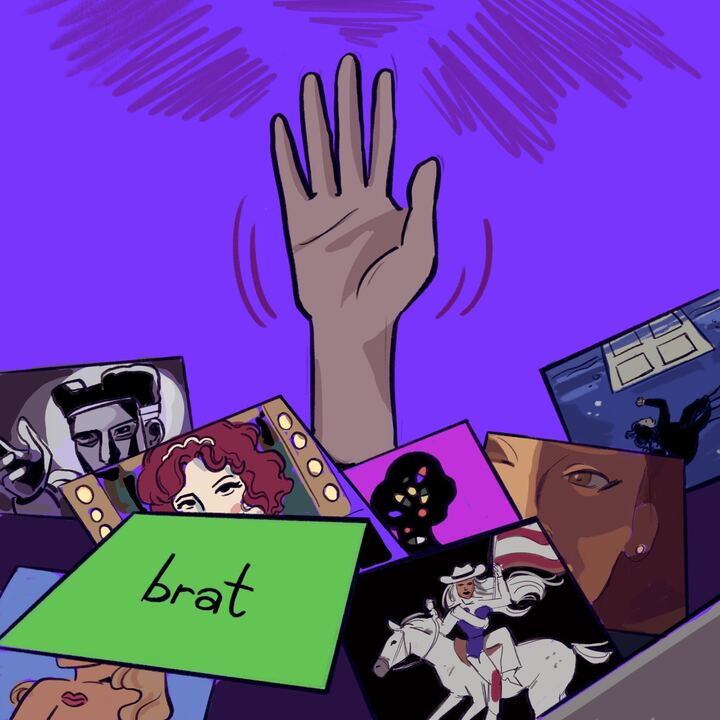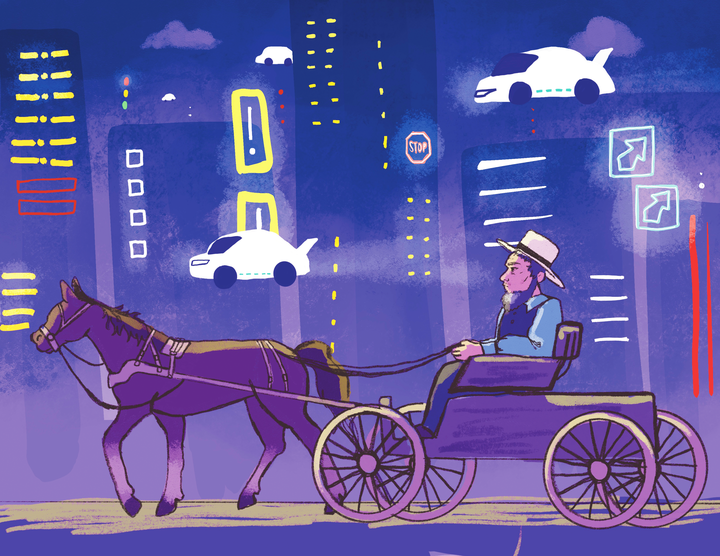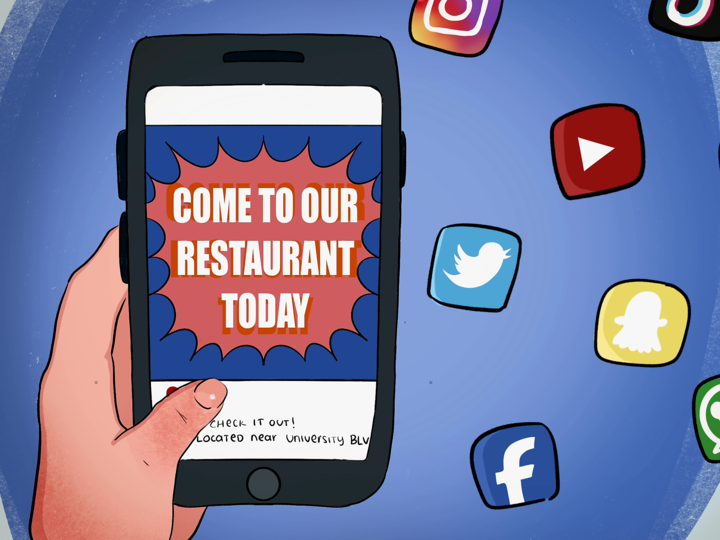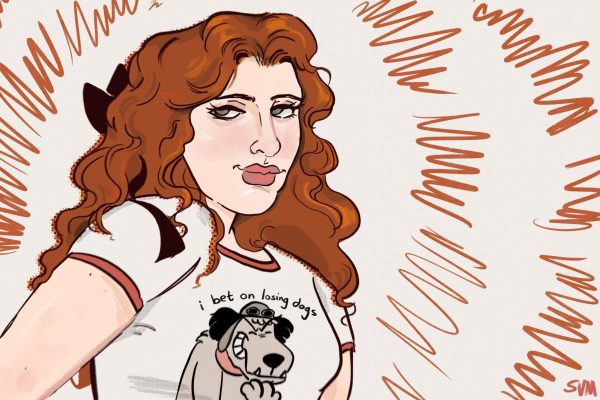Every day of 2023, an average of 103,500 tracks were uploaded to streaming services. If the average song is somewhere between 3 to 4 minutes in length, then I could listen to approximately 480 songs in a day – and only if I stream without interruptions. That’s not even 0.5% of the tracks uploaded that day.
In the face of this unmanageable avalanche of music, I have observed three changes in myself:
- I am more selective about the music that I dedicate my listening time to.
- I am less interested in hearing new music.
- I rarely listen to a new song more than once – and even listening to a song from start to finish often feels like a chore.
Am I alone in these changes? There’s no way.
I can sense the music fatigue around me. Oh, Ariana Grande released a new album? So did Taylor Swift and Beyonce and Billie Eilish and just about everyone else. It’s harder than ever not to view big artists as corporate puppets. I have no interest in what they wore to the Met Gala or what cryptic message about their next album is hidden in their Instagram posts or overspending to see them perform live.
What does seeing Taylor Swift live consist of anyway? Dropping hundreds of dollars on a ticket, only to still be seated thousands of feet away in the nosebleed section, watching Swift perform on a giant screen. Might as well stay home – that way I can at least bring my own snacks.
To be clear, I am hateful of the music industry, not so much of the artists themselves. Taylor Swift may well be a lovely person, but I could not care less about Taylor Swift™.
While the aforementioned might be controversial, it is undeniable that the world of music is changing.
One of the huge problems which plagues the music industry is profitability. Unless a musician is able to reach a level of fame comparable to that of someone like Ariana Grande, making music is an unaffordable business. Going on tour means losing money or barely breaking even, recording an album can cost hundreds of thousands of dollars, and even writing chart-topping songs won’t guarantee you a career. As if the competition wasn’t stiff enough, new artists also have to compete with existing music, which makes up about 70% of the market according to data from 2021.
When it comes to the music itself, TikTok is pushing songs towards shorter run-times, with punchier and catchier chorus lines. As such, there is not only an overwhelming amount of new music being released every single day, but much of this new music also sounds just like everything that we have already heard.
Artificial Intelligence is also making its presence in the music industry known. Whether it’s through AI-generated playlists, recommendations or actual songs, if you use a music streaming platform, chances are that you have listened to something that has passed through the hands of an AI at some point.
While I’m all for artistic collaboration between people and technology, I also think that such collaboration will inevitably lead to changes in the ways that we appreciate and consume art. For instance, it wouldn’t take much imagination to picture a world in which you simply can not determine whether a song was created by an AI bot or by a person. Even now, there are songs written by actual people that are so formulaic that I would have sworn an AI bot wrote them.
How does a society respond to something like this? Here’s what I think: by allowing the pendulum to swing all the way back into the other direction.
In the face of advanced digital technology, we crave that which is analog and manually produced. We reject modernity. We seek out art created through physical, human labor. We want live music.
In the past year, I have found myself drawn to the kinds of shows that stand in stark contrast to those of Taylor Swift: tickets for $20 or less, fewer than a hundred attendees and an almost guaranteed ability to meet the artists in-person after the concert. I crave listening experiences that make me acutely aware of the fact that what I am hearing has been produced by real people, who committed their own time and physical energy to their work.
That means something to me – even if it makes no literal difference in the quality or relatability of the music itself. As AI continues to improve, I imagine that it may well be able to create songs that are directly tied to the real experiences of humans – or AIs – songs that are emotional and maybe even profound. But I will never be able to watch an AI dedicate blood, sweat and tears to a live performance. (Maybe robots will get crazy good though – I’ll believe it when I see Android Anna belting a heartfelt ballad with tears rolling down her cheeks, or when I watch Robot Ryan shred his fingers to bits on a guitar solo.)
Point is, I can’t keep up with the pace of technology, and I don’t really want to. Technology is a bore. Sure, I could dedicate my time to writing the perfect algorithm that would filter through those daily 103,500 new tracks and find music to fit my precise mood at any given moment. I’d honestly rather allow coincidence and experience to dictate my music choices, and for the analog world to bring meaningful songs my way. Why do things quickly when you can do them slowly?
Follow the Daily Wildcat on Instagram and Twitter/X

Fiona Sievert is an undergraduate at the University of Arizona double majoring in Anthropology and East Asian Studies with a minor in German Studies. She loves languages, wearing funky outfits, and (occasionally) being a dirtbag in the great outdoors!










